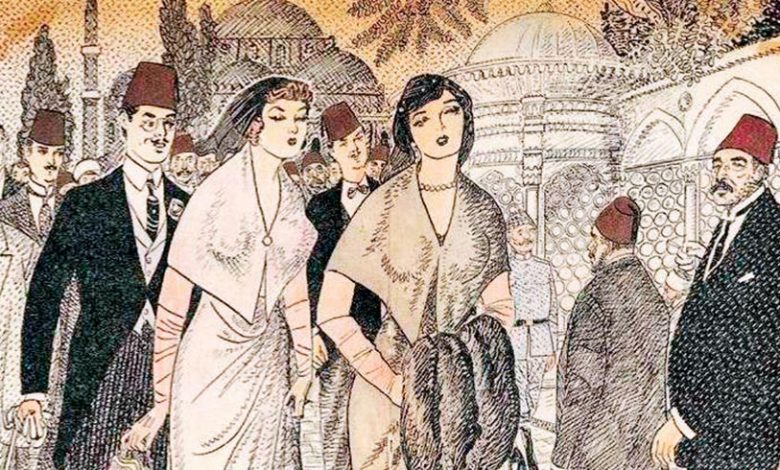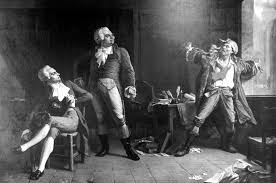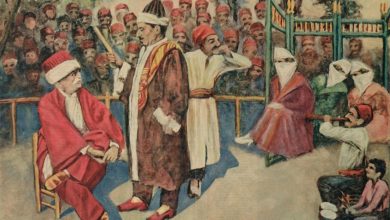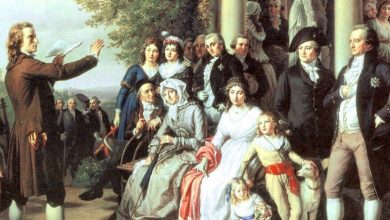
YÜKSEK LİSANS TEZİ :
Batılılaşma İdeolojisiyle Gelişen Türk Tiyatrosunda Aile Dramı
Dokuz Eylül Üniversitesi
Danışman : Yrd.Doç: Dr Aslıhan Ünlü
ÖZET
Sadrazam Mustafa Reşit Paşa’nın 3 Kasım 1839’da Osmanlı yönetici sınıfı ve yabancı diplomatlardan oluşan bir topluluğa okuduğu Gülhane Hattı Hümayunu ile Osmanlı’nın Batı’yı model alan politikaları başlamış, Batılılaşma sürecine girilmiştir. Osmanlı için değişim, ilerleme ve içinde bulunulan sıkıntılı durumdan kurtulma anlamını taşıyan bu süreç, Batılı ülkeler için Avrupa burjuva kapitalizminin Osmanlı’ya yönelik çıkarlarının hayata geçirilmesi anlamını taşımaktadır. Tanzimat dönemi olarak adlandırılan bu süreçle birlikte İmparatorluğun sosyal-kültürel-ekonomik dengeleri farklılaşır. Politikadan sanat’a, görgü kurallarından, aile içi ilişkilere kadar tüm alanlarda radikal değişimler yaşanır. Batılılaşma ideolojisi, Meşrutiyet dönemine de damgasını vurur. Her ne kadar baskıcı bir yönetim anlayışı söz konusu olsa da, bu dönem eğitim alanında yapılan reformlar İmparatorluğun gelecekteki kaderini belirlemekte etkili olacaktır. Bu dönem içinde meydana gelen devrimci oluşumlar Türkiye Cumhuriyetini kurarlar. Yeni Cumhuriyetin belirlediği hakim ideoloji gene Batılılaşma ideolojisi olur. Toplum; kurumsal alt yapısı henüz hazırlanmamış olan geniş bir değişim sürecine tabi tutulur. Alfabe’den şapkaya, kadın erkek ilişkilerinden, kişisel zevklere kadar bir çok alanda değişim öngörülür ve bu öngörü yönetici tabaka tarafından halka önerilir! Sanatların en toplumsalı olan tiyatronun Batılılaşma hareketi ile birlikte kendi coğrafyasında yaşanan bu farklılaşmayı görüp, yaşanan sürece tepki vermemesi imkansızdır. Toplumsal alanda yaşanan değişimin yansımaları hızla sahneye getirilir. Geçmişin yanlış uygulamaları eleştirilirken, yeni dönemle birlikte hayata yansıyan faydalı yaklaşımlar övülür. Eğitim, her dönemde tiyatronun ana işlevlerinden biri olarak görüldüğünden, toplum, ideolojisiyle, alışkanlıklarıyla, aile içi ilişkileriyle, aşk ve cinsellik anlayışıyla sahne üzerinde tartışılır. Yazarlar, tartıştıkları konularda tezler ileri sürerler. Toplumsal değişimin izlerini takip eden ve bu değişim sonrasında ortaya çıkan olumlu ya da olumsuz durumları ortaya seren yazarların, ürün verirken en çok tercih ettikleri ortam ise, genelde toplumun en küçük birimi olarak kabul edilen ailedir.
ABSTRACT
After Vice Councillor Mustafa Reşit Pasha has read The Royal Declaration of Gülhane to an audience consisting the governing class and foreign diplomats on 3rd November 1839, Otoman Empire’s politics modelling Western Cultures has begun and Ottomans initiated a Westernisation Project. The process meant progress, development and a way of salvation from a depressing period whereas it meant for the Western Countries the profits of European bourgeois capitalism towards Otoman Empire.With this period called “Tanzimat” (Reformation) the empire’s social- cultural- economical balances has been changed. There has been radical changes from politics to art, behavior to family relations. Westernisation ideology has also labelled the “Meşrutiyet” (Constitutional Monarchy) period. Despite the fact that there has been a supressive approach of administration, the reforms on education will have an effective role on the destiny of Ottoman Empire, soon. The revolutionist formations constituted in this period declare the Turkish Republic. The mainstream ideology that the new Republic defines is again the westernisation. The public has been the object of a vast changing process which did not have the proper constitutional infrastructure. Many changes consisting alphabet to hat, gender relations to personal life styles has been anticipated and this anticipation has been suggested to public by the governing class!
Drama which is the most social branch of art is impossible to recognize this shift occuring in its geography and react to this process. The echoes of the social changes has been staged rapidly. The wrong doings of the past has been criticised and the useful approaches that has come with the new era has been appreciated. As education has been understood as one of the main functions of drama in all ages, the public has been opened to dispute on stage with its ideology, habits, the family relations, love and sexuality norms. The playwrights suggest some theses on the subjects that they discuss. The playwrights, who trace the social changes and lay bare the positive or negative results came with these changes, mostly preferred the setting as the family which has generally accepted as the smallest unit of society.


